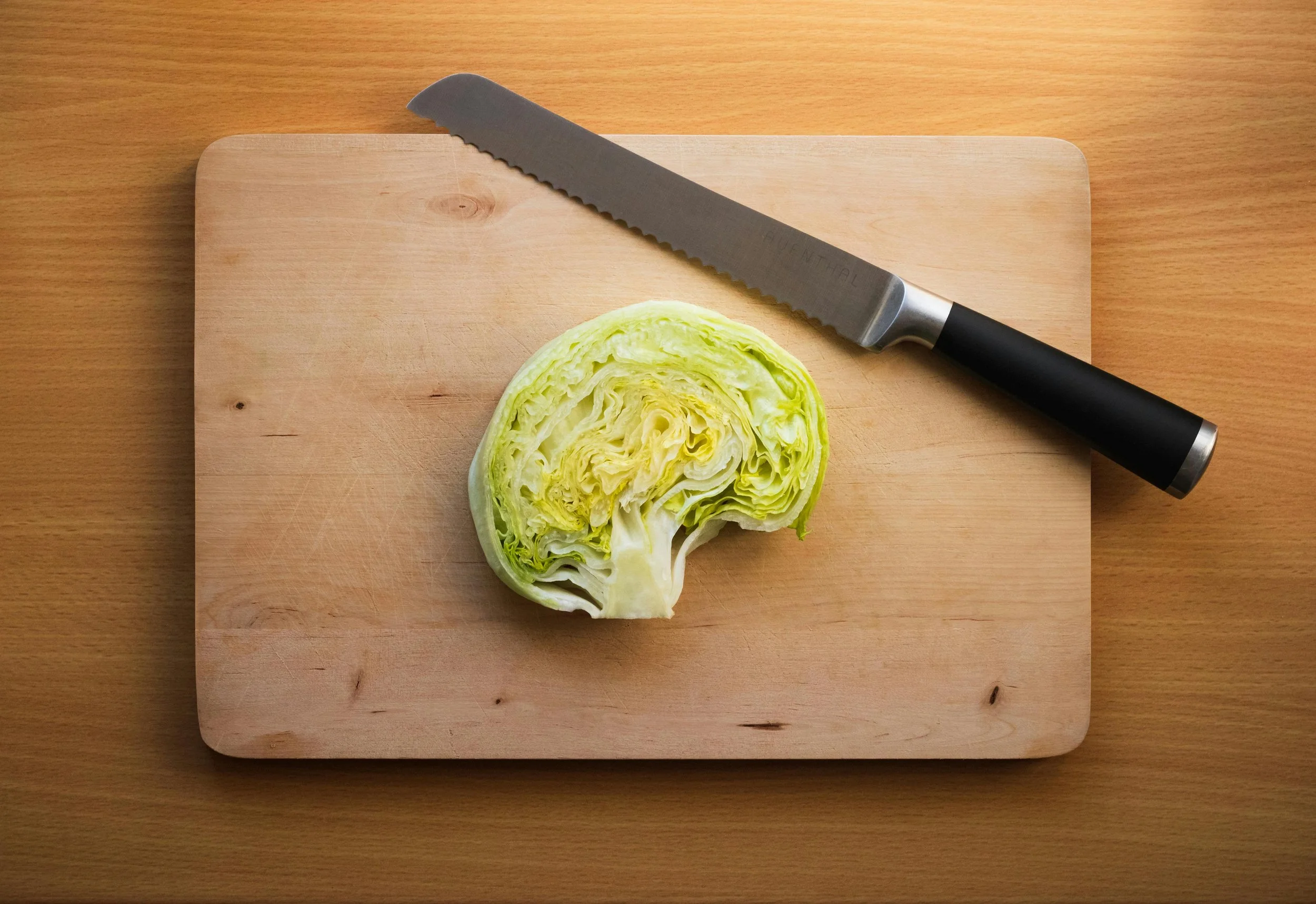Top 5 Foods to Support Brain Health and Memory
Wondering what to eat to keep your focus sharp? Or how to take a proactive approach to cognitive decline? Or what foods aren’t good for mental clarity? Understanding the connection between brain health and food helps you tailor nutrition for your mind and body.
Ultra-Processed Foods and Cognitive Impairment
We hear more about the connection between ultra-processed foods and obesity and cardiometabolic health. However, eating a diet high in ultra-processed foods increases the likelihood of cognitive impairment by 16%.
Sugar, trans fat, and other synthetic ingredients cause inflammation in the brain and body. Unlike when you sprain your ankle, you may not see or feel this inflammation.
Chronic inflammation alters brain chemistry, increasing the risk for:
Depression
Dementia
Fatigue
Decreased motivation
Decreased cognitive performance
Increased risk for neurological conditions
A range of chronic health conditions
The Top 5 Food Groups for Your Brain
The vitamins, minerals, and nutrients you consume work synergistically to support a range of essential functions in your body. As such, brain-healthy foods double as foods that support cardiovascular health, energy levels, immunity, and whole-body health.
#1 Leafy Greens
Broccoli, spinach, kale, and other dark leafy greens are rich in brain-healthy vitamin K, lutein, folate, and beta carotene. Think beyond salads, adding fresh or frozen greens to soups, grains, and side dishes. Aim for at least 1 serving per day.
#2 Omega-3 Fatty Acids
Salmon, tuna, cod, avocado, flaxseeds, and walnuts are high in Omega-3s. Omegas are an unsaturated fat linked to lower blood pressure and clear arteries. They’re also linked to lower beta-amyloid levels in the blood, which may reduce the protein clumps in the brain associated with Alzheimer’s. Aim for 3 servings per week.
Brain Health and Food: Which Oils Are the Healthiest?
Olive oil, coconut oil, grapeseed oil, and sesame oil are top cooking oils for your brain and body.
#3 Berries
Consuming strawberries, blueberries, blackberries, and other berries is linked to delayed memory decline. This makes berries an ideal way to curb your sweet tooth while supporting your brain. Aim for 2 servings per week.
#4 Unsweetened Tea and Black Coffee
Yes, caffeine can improve mental function! However, moderation is key. So, 1 to 2 servings per day is ok for most adults. Add lemon or lime to tea and sweeten coffee and tea with monk fruit or allulose sugar, and maybe a bit of milk—but no sugar or syrup sweeteners. Stop drinking caffeine in the late afternoon so that you don’t disrupt your sleep.
You can drink more servings of decaffeinated tea per day for flavor, antioxidants, and hydration.
#5 Herbs and Spices
Many herbs and spices contain antioxidants and phytonutrients not found in other whole foods. So, look for tea with the herbs and spices below, and add more flavor to your meals by experimenting with fresh or dried herbs of any kind.
Black pepper
Cinnamon
Cloves
Ginger
Ginseng
Lemon balm
Mint
Nutmeg
Rosemary
Saffron
Sage
Turmeric
Let’s Discuss How Else to Optimize Your Body
If you’re feeling physically or mentally sluggish, a few small changes to your nutrition can make a world of difference. Especially as you enter perimenopause.
Reach out to discuss how we can tailor your nutrition as a proactive approach to daily focus and cognitive decline, and to look and feel your best. As a dietitian, I don’t promote deprivation diets. Your tailored meal plan will fill you up, taste amazing, and include foods you love!


